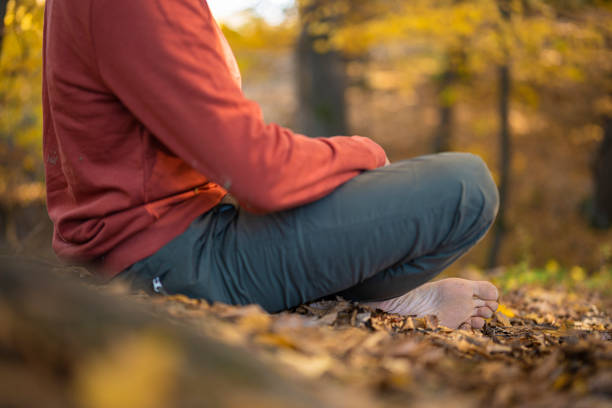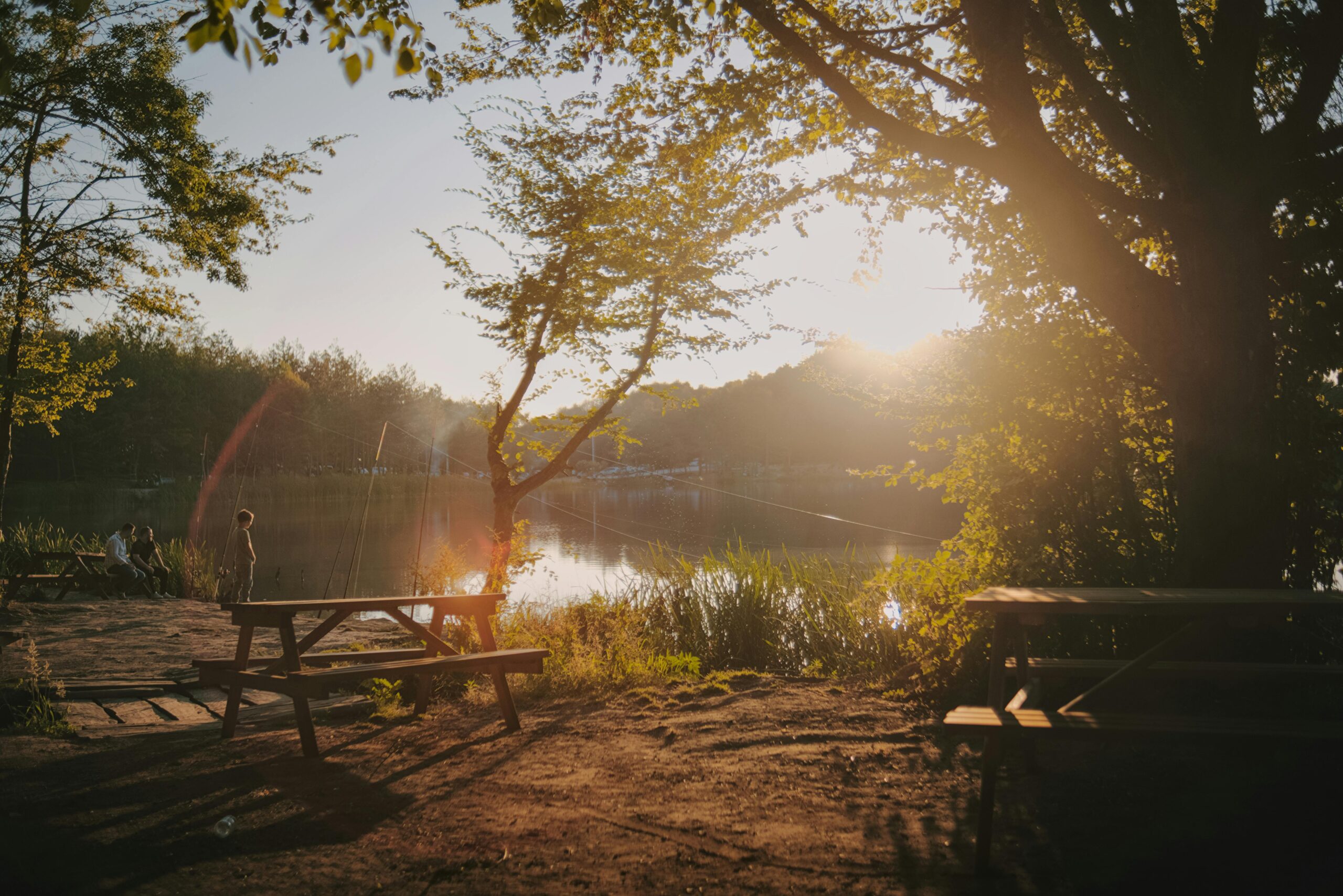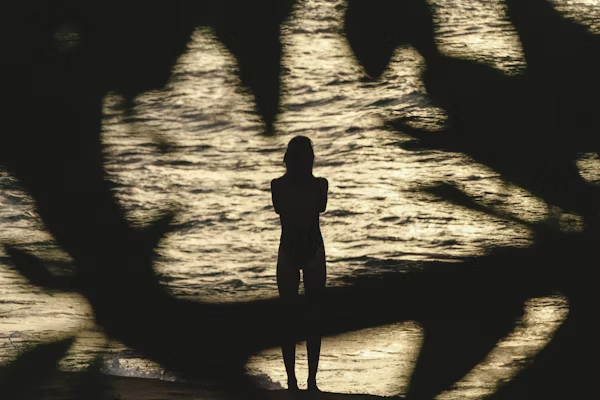Online Poker Addiction Recovery
It started as harmless fun—just a few late-night games on my laptop. But before long, the glow of the screen became my prison, stealing my rest, my health, and nearly my peace of mind, and eventually pushing me toward the difficult road of online poker addiction recovery.
I’m Ryan, 32, from Sydney, Australia.
Online poker seemed like the perfect escape. After long days at work, I would log in, telling myself I deserved to unwind. At first, it was only an hour here or there. But soon, nights bled into mornings, and my “quick games” turned into all-night marathons. What began as entertainment spiraled into a cycle of exhaustion, anxiety, and denial that nearly swallowed me whole. That’s when online poker addiction recovery first became something I never thought I’d need—but eventually, it became my lifeline.
Note: This article may contain affiliate links. If you choose to make a purchase through them, HighStakesHealing.com may earn a small commission at no additional cost to you. These recommendations are carefully selected to support individuals seeking clarity and healing on their recovery journey.
The Hook of the Screen
Unlike the casino, online poker does not close. There was always another table, another hand, another chance to win back what I had lost. I sat in the glow of my screen, headphones on, heart pounding with each click. The thrill was intoxicating—but so was the illusion that I was in control.
I wasn’t. The longer I played, the more convinced I became that the next hand would turn everything around. I told myself I was “due for a win,” that my losing streak had to end eventually. Each time I lost, I promised myself I would stop after the next game. But the “next game” never ended. The endless availability of online poker blurred the boundaries of time, keeping me locked in a cycle that only deepened my exhaustion and despair. Looking back, I can see this cycle was the very thing online poker addiction recovery had to break.
Find Calm in the Midst of Change
Let Online Therapy guide you through the emotional shifts of recovery, offering a stable and caring environment to support your healing journey.
The Toll on My Body
Sleep was the first casualty. I would stay up until 3 a.m., then drag myself out of bed for work at 7, surviving on caffeine and excuses. At first, I thought I could handle the fatigue, but the effects piled up quickly. My appetite disappeared, replaced by the constant churn of adrenaline and anxiety. My body ached from sitting for hours, hunched over a laptop, but I pushed through, convinced the next hand would make the discomfort worth it.
I told myself I was fine, but the mirror didn’t lie. Dark circles carved shadows under my eyes. A constant twitch in my jaw betrayed the stress I tried to hide. My skin looked pale, my shoulders slumped, and the brain fog was impossible to ignore. Even simple conversations became exhausting. The cost of online poker wasn’t just financial—it was physical, and my health was crumbling with every sleepless night. Regaining that health would later become one of the biggest milestones of my online poker addiction recovery.
The Toll on My Mind
Worse than the physical toll was the mental one. My moods swung wildly. I became irritable, withdrawn, and restless. My thoughts revolved around strategies, losses, and the next game. When friends asked me out, I lied—saying I was too tired, when really I was chasing another hand. Slowly, I cut myself off from people who cared about me, ashamed of the spiral I couldn’t control.
The isolation was heavy. I was living in two worlds: the online tables where I felt alive for fleeting moments, and the real world where I was barely functioning. Anxiety became a constant companion. I feared being “found out,” and yet I feared even more what life would look like without the distraction of poker. Online poker had stopped being a game—it had become an escape from reality, even as it destroyed the very life I was trying to avoid. That realization would later become the first painful step of my online poker addiction recovery.
Breaking Point
One morning, after another sleepless night, I looked at myself in the bathroom mirror and barely recognized the person staring back. My hands were trembling. My mind felt fractured. I wasn’t just losing money—I was losing myself. The realization hit me hard: if I didn’t change, I was heading toward collapse.
That day, I shut my laptop and didn’t open the poker site again. The urge clawed at me, but I knew I had to make a change. I reached out for help, joining a recovery group where I could finally say out loud what I had been hiding: “I can’t do this anymore.” Speaking those words was terrifying, but it was also the first step toward freedom. It was also my official start in online poker addiction recovery.
Mindfulness can help you manage gambling urges
Explore proven mindfulness resources to calm your mind and regain control:
Each option helps you pause, breathe, and return to your recovery goals.
The Recovery of Balance
Healing wasn’t just about avoiding the games—it was about rebuilding the life I had neglected. I created a sleep routine, forcing myself into bed at a regular hour. At first, my body resisted, but over time, rest returned. I started running in the mornings, rediscovering the rhythm of breath and movement. Exercise became a way to clear my mind, a healthy rush to replace the artificial high of the cards.
I also reached out to friends I had ignored, rebuilding the connections that online poker had stolen. It wasn’t easy—trust doesn’t come back overnight—but showing up consistently and honestly made a difference. I reconnected with my family, who had worried in silence for years. Slowly, the fog lifted. Nights became restful again. My mind grew quieter. For the first time in years, I could sit with myself without needing a screen to distract me. These steps defined my journey in online poker addiction recovery.
What I Learned
Digital gambling seems invisible—there’s no neon sign or casino floor. But the toll it takes is real, both on the body and the mind. My first year of online poker addiction recovery taught me that healing is less about fighting cravings and more about creating a life worth living without them. Balance isn’t just about avoiding the games—it’s about reclaiming health, connection, and peace.
If you’re caught in the same cycle, know this: online poker addiction recovery is possible. It will feel slow at first, and the urges will come back, but each day you choose yourself over the game is a victory. Each night of restful sleep, each meal shared with friends, each quiet morning jog is proof that healing is real. The cards will always be there, but so is the chance to build a life that doesn’t depend on them.
Build a Strong Foundation for Recovery
Recovery isn’t just about quitting — it’s about building new habits and supports. Visit our Recovery Tools & Resources page to find tools, apps, and guides to help you rebuild life after gambling.
Continue your healing journey with this read:





